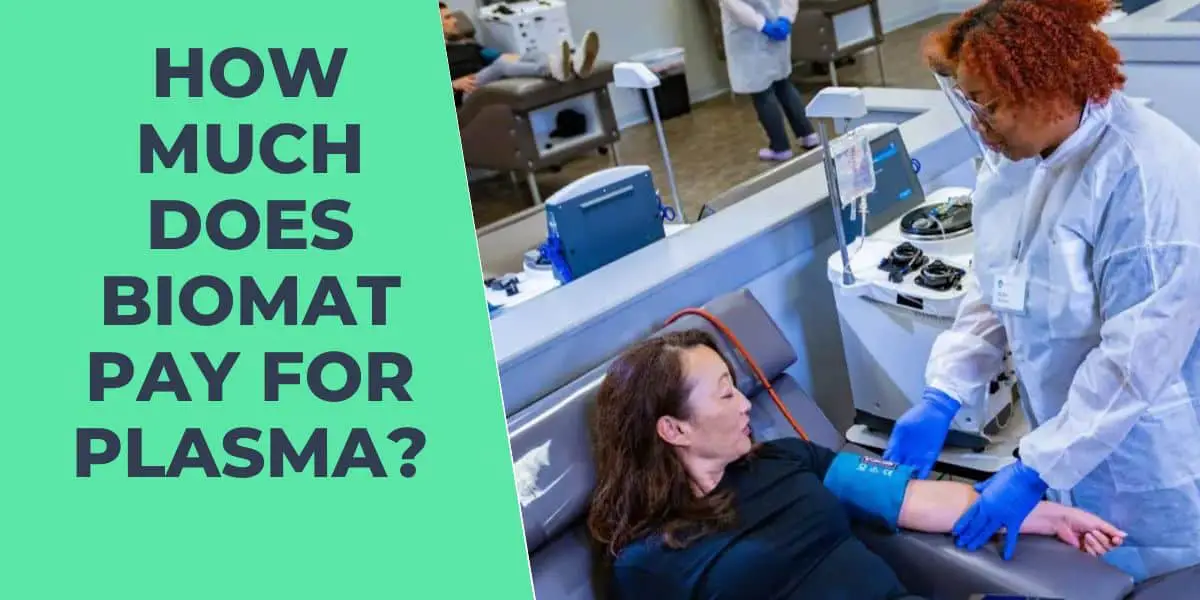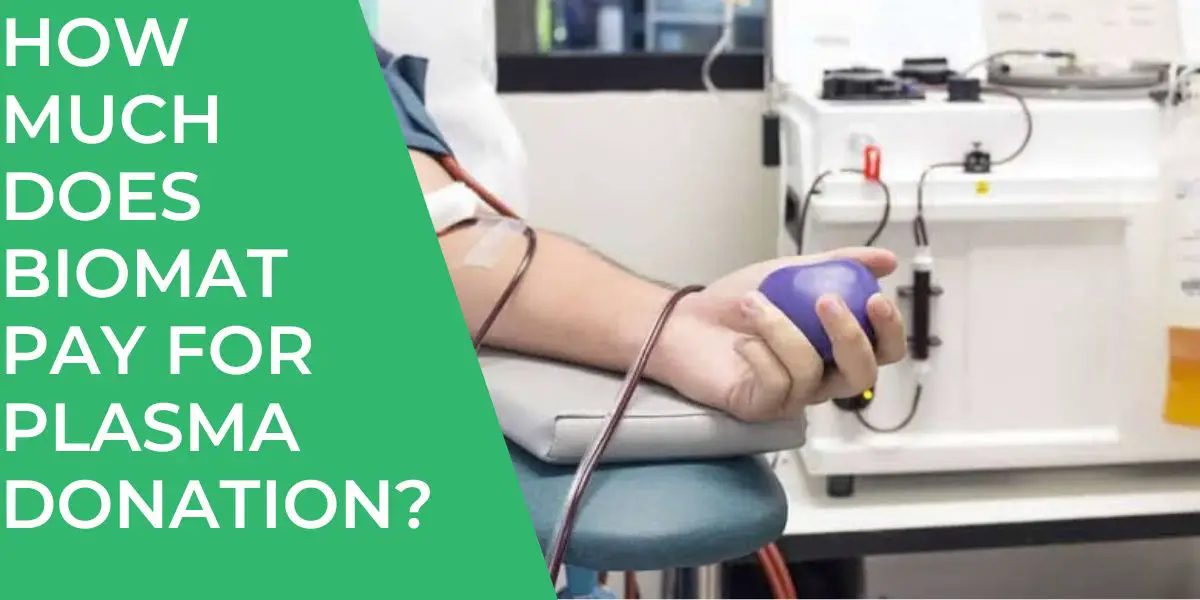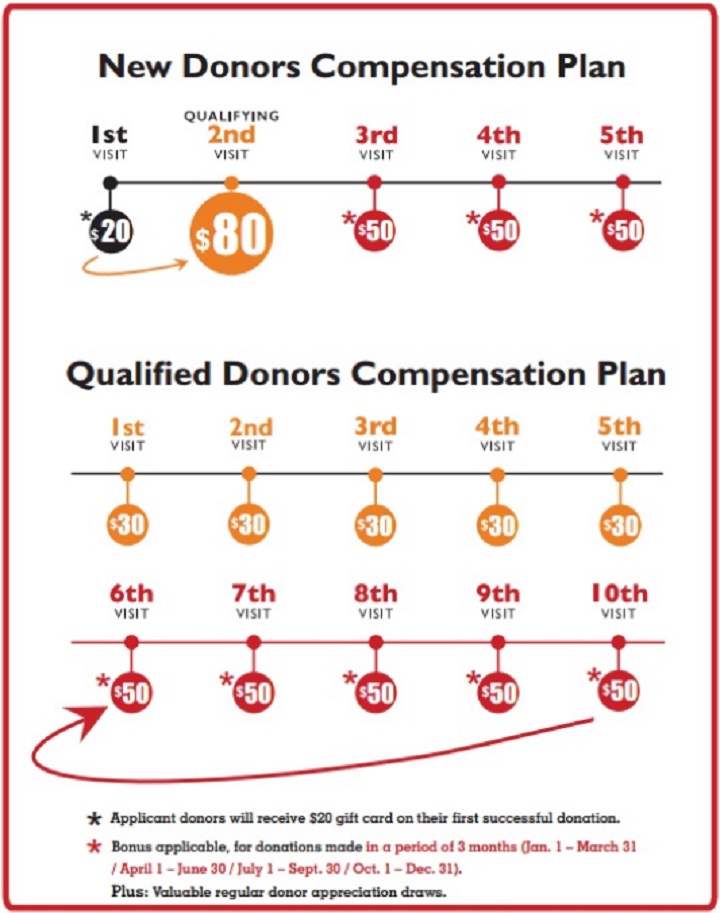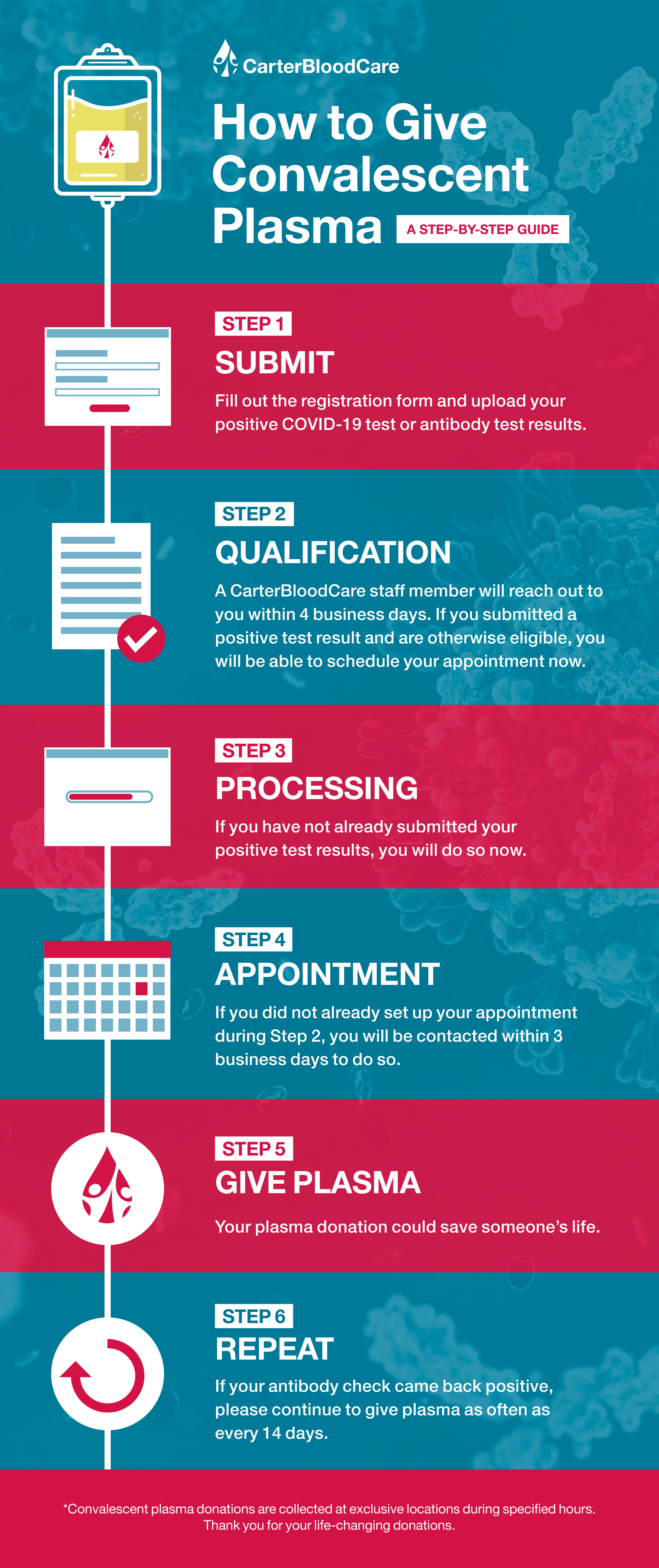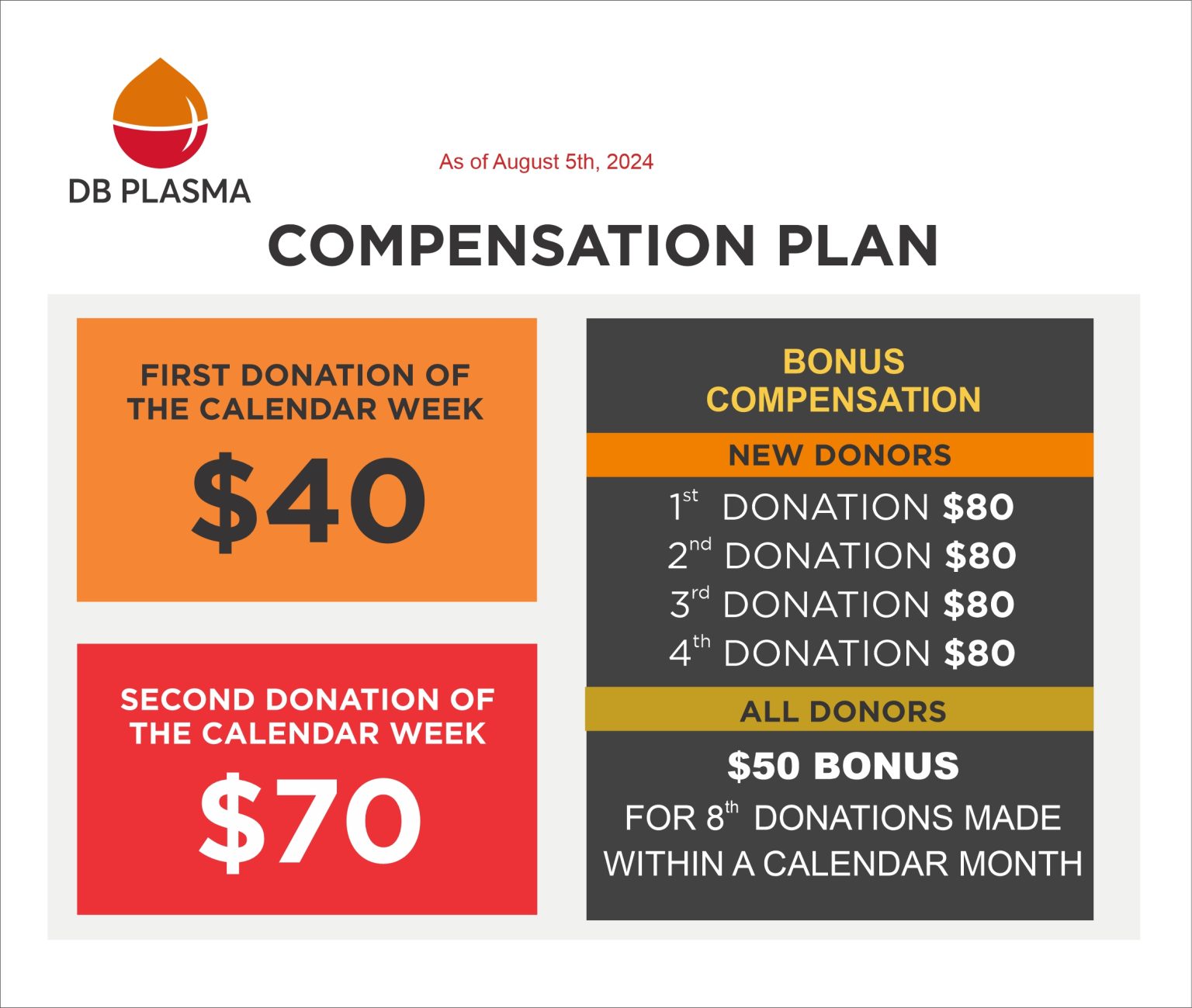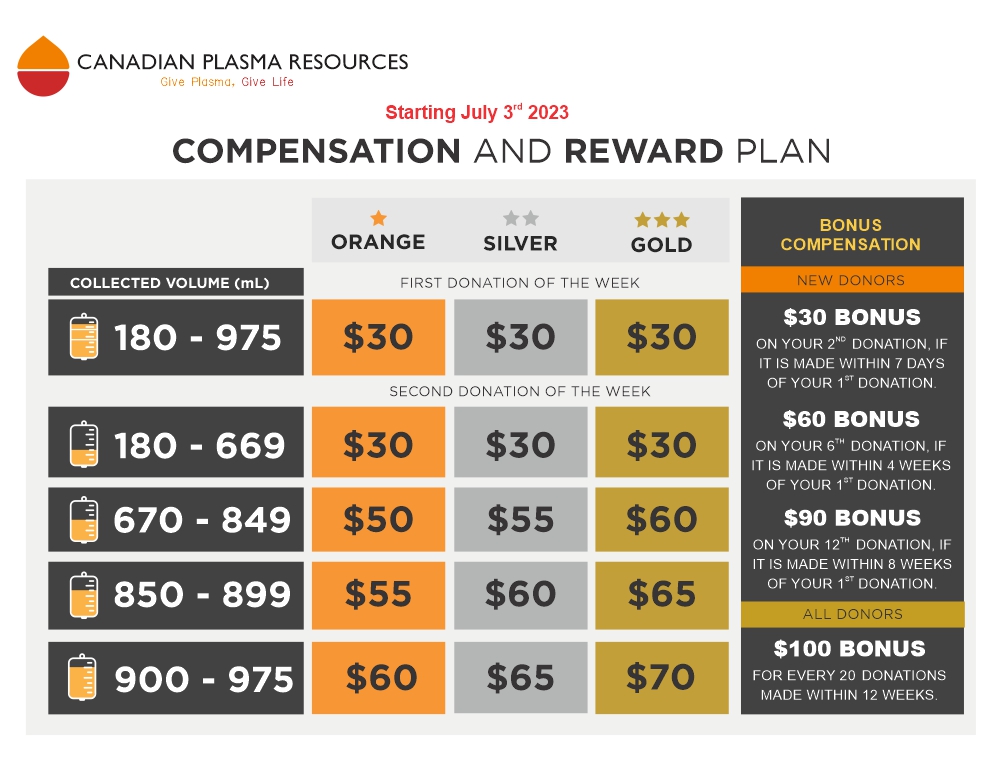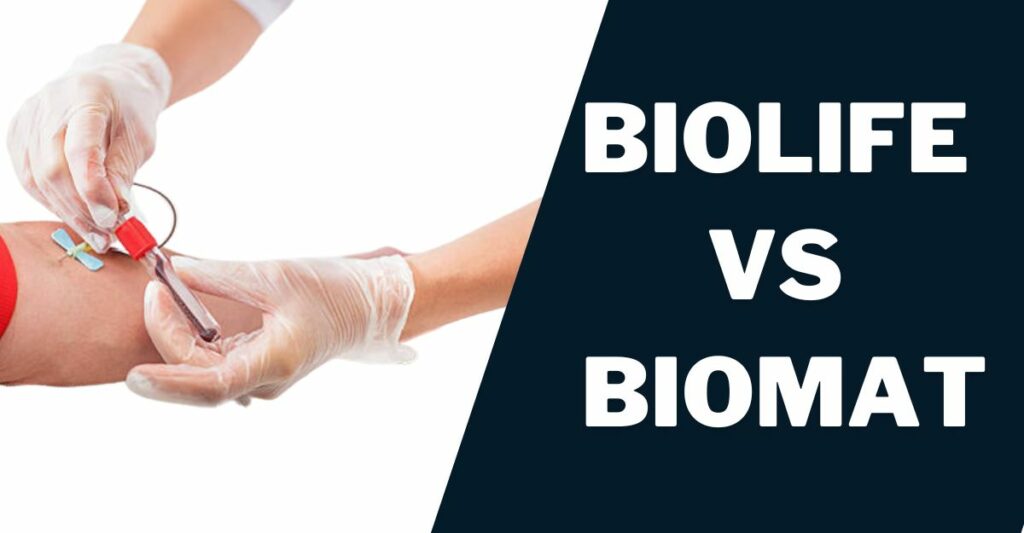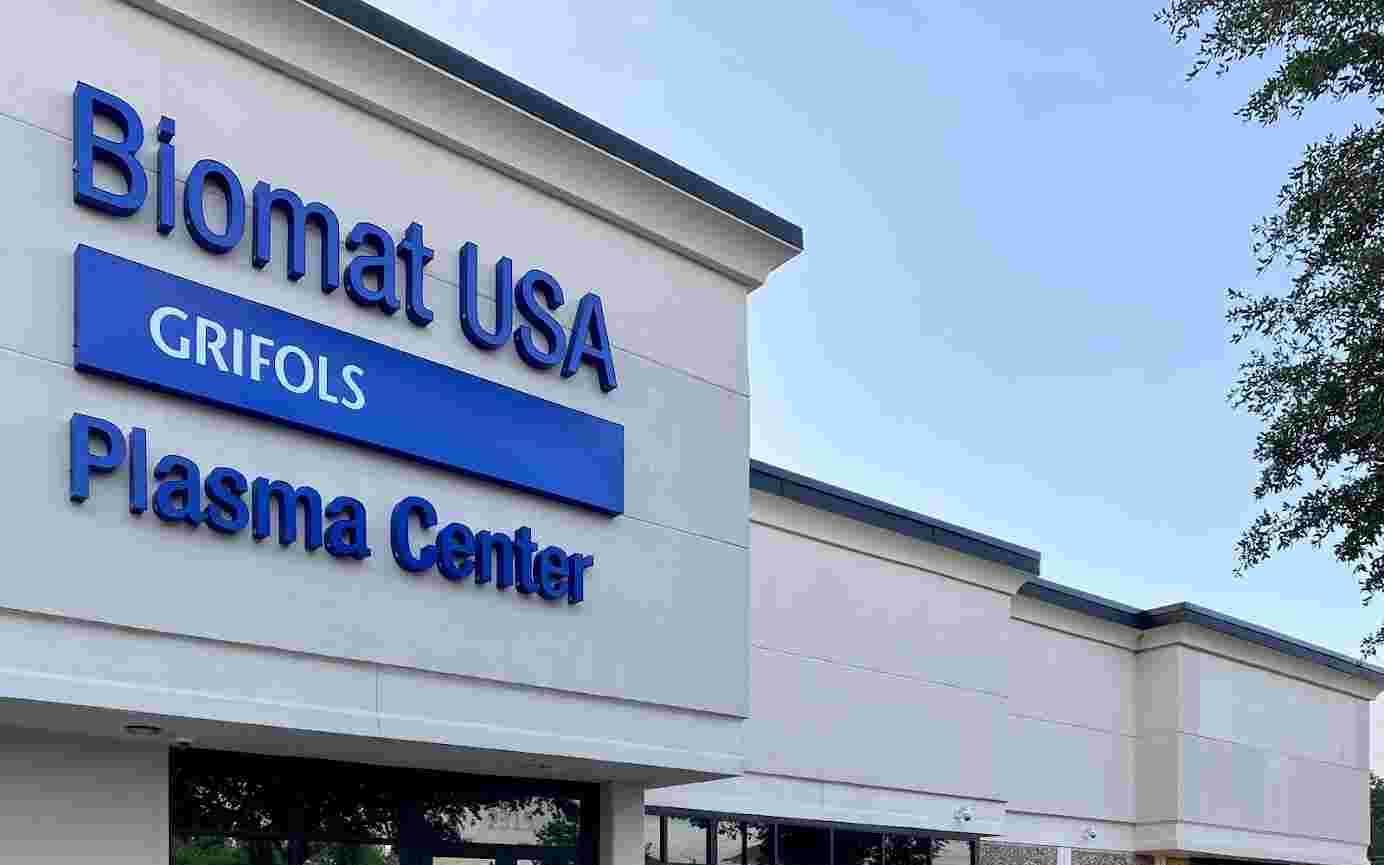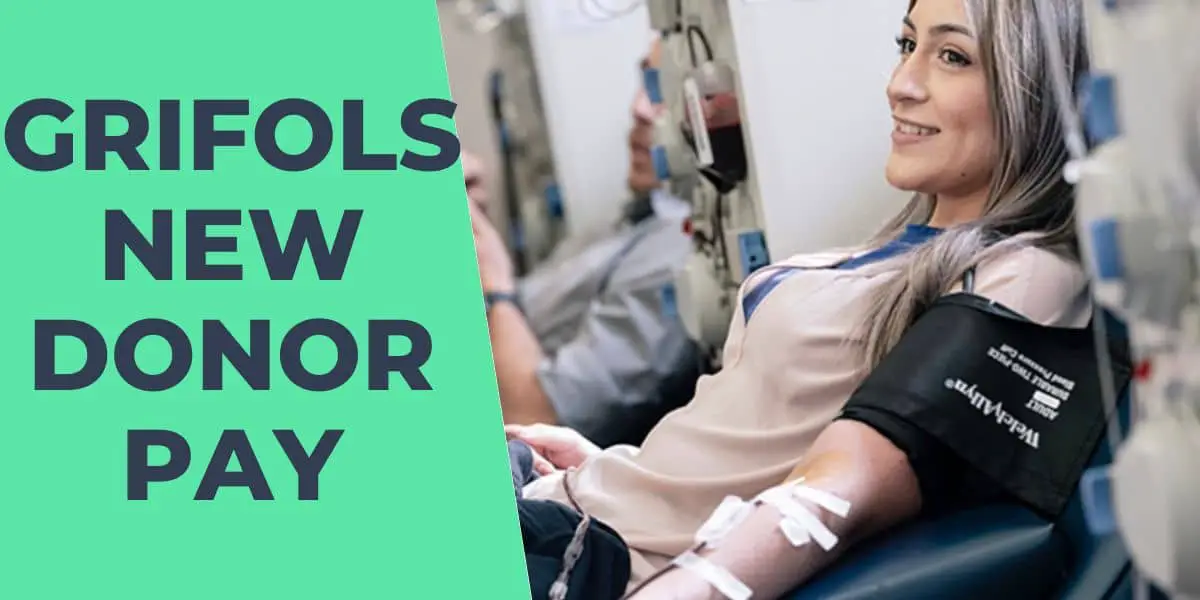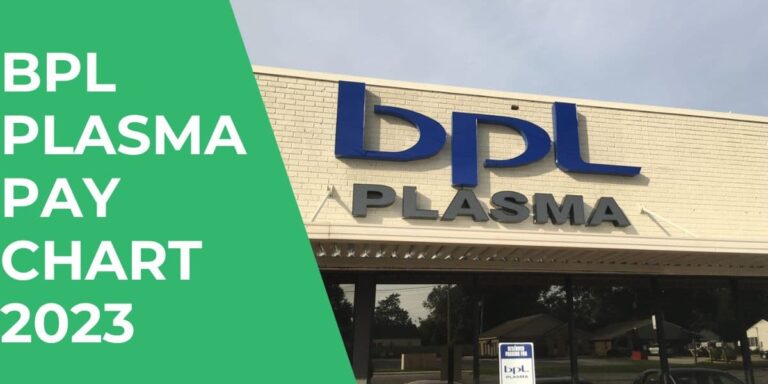Biomat Plasma Donation Compensation
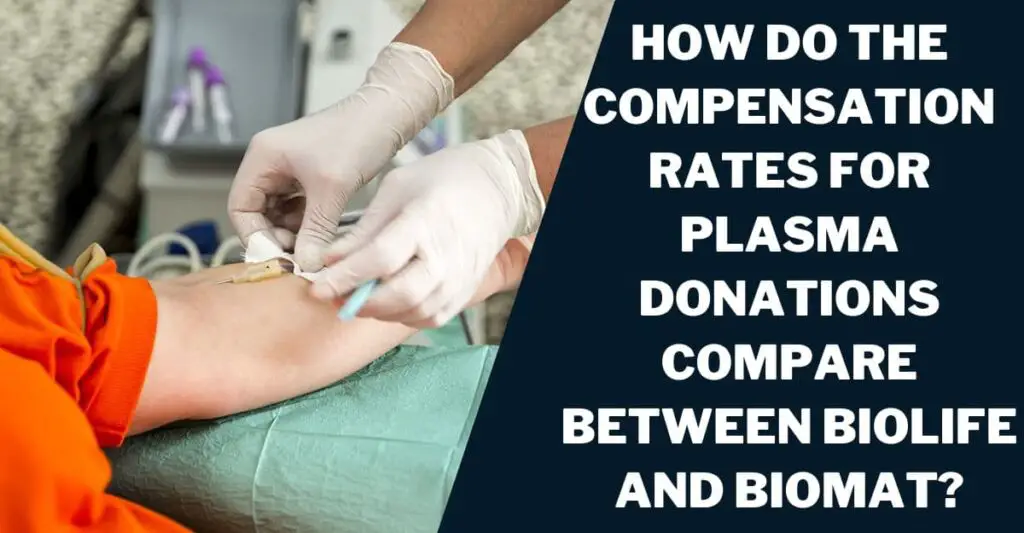
Plasma donors at BioMat USA centers are reporting inconsistencies and reduced compensation rates, sparking widespread concern and prompting calls for greater transparency. Donors are alleging that advertised rates are not being honored, leading to frustration and a potential decline in plasma supply vital for life-saving therapies.
Compensation Confusion at BioMat Plasma Centers
The core issue revolves around the discrepancy between advertised compensation rates and the actual payments received by donors. Many donors claim that promised bonuses and promotional offers are not being consistently applied, resulting in lower earnings than anticipated.
BioMat USA operates numerous plasma donation centers across the nation. Concerns have been raised at multiple locations, suggesting a systemic issue rather than isolated incidents. Donors in states like Texas, Florida, and Pennsylvania have voiced similar complaints on social media platforms and online forums.
The situation appears to have intensified in recent months, with donors citing a noticeable reduction in compensation starting in late 2023 and continuing into early 2024. Exact figures vary depending on location and individual donation frequency, but the overall trend points towards decreased earnings per donation.
Donor Experiences
One donor, speaking anonymously, reported being promised $125 for their first donation of the week. "However," they stated, "I only received $75. When I inquired, I was given vague explanations about 'promotional changes' and 'individual eligibility,' but no clear justification."
Another donor, identified as Sarah M. from Florida, shared screenshots of advertisements promising a bonus of $200 for completing a set number of donations. Yet, she claims she did not receive the full bonus despite meeting the requirements. "It's like a bait and switch," she said.
What BioMat is Saying
BioMat USA has yet to issue a comprehensive public statement addressing the widespread concerns regarding compensation. Attempts to reach their corporate headquarters for comment have so far been unsuccessful. Phone calls and emails seeking clarification on the matter have not been promptly returned.
However, some donors report receiving inconsistent explanations from individual center staff. These explanations often cite changes in promotional periods, adjustments to base compensation rates, and varying eligibility criteria for bonuses, fueling further confusion and distrust.
The Impact on Plasma Supply
The reduced compensation and lack of transparency could significantly impact the supply of plasma, which is crucial for manufacturing life-saving medications. Plasma-derived therapies are used to treat a wide range of conditions, including immune deficiencies, bleeding disorders, and burns.
If donors become discouraged by the compensation issues and stop donating, the availability of plasma could decrease, potentially leading to shortages and increased costs for patients. The Plasma Protein Therapeutics Association (PPTA), a trade organization representing plasma collectors and manufacturers, has not yet commented on the specific situation at BioMat.
Moving Forward
Several donor advocacy groups are considering launching petitions and contacting regulatory agencies to investigate the compensation practices at BioMat USA. They are urging the company to provide clear and transparent information about its compensation policies and to honor its advertised rates.
Donors are encouraged to document their experiences, keep records of advertised rates and payments received, and contact consumer protection agencies if they believe they have been unfairly compensated. The situation is ongoing, and further developments are expected as donors continue to seek answers and resolution.

